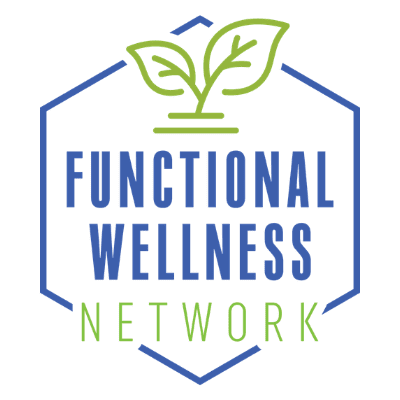In the world of health and nutrition, there’s a reality we can’t ignore: marketing wields immense power over the decisions we make every day. As health professionals, we understand that our food choices aren’t always guided by scientific knowledge but often by advertising messages crafted to capture our attention and stir our emotions. This raises an important question: how aware are we of these influences, and how can we educate our patients to make more informed decisions?
Marketing: A Master of Persuasion
Food marketing isn’t just a tool to sell products; it’s an art that blends psychology, design, and communication to influence human behavior. From vibrant packaging to catchy slogans, everything is carefully designed to convey one message: “This product is exactly what you need.”
For example:
- “Sugar-free” or “fat-free”: These phrases often create a perception of health, even though the product may be loaded with artificial sweeteners or hidden trans fats.
- “Natural” or “organic”: While these terms sound healthy, they don’t guarantee that the product is good for you. Many products with these labels are still highly processed.
- Evocative images: Pictures of fresh fruit or natural landscapes can lead consumers to assume a product is healthy, even if it’s packed with additives and preservatives.
The Emotional Impact of Marketing on Food Choices
Marketing doesn’t just appeal to logic; it also manipulates our emotions. It makes us feel like we deserve a “treat” after a tough day or that a specific product will make us happier, more energetic, or more successful.
A common example is the use of phrases like:
- “Because you deserve it.”
- “A little pleasure in your day.”
These ideas reinforce the belief that consuming unhealthy foods is a form of self-care, when in reality, it can be harmful in the long run. As professionals, we must help our patients question these messages and consider whether they truly align with their health goals.

The Challenge of “Light” and “Fit” Foods
Foods labeled as “light” or “fit” are often perceived as healthy options, but they don’t always live up to that promise. In fact, many “light” products remove one component (like sugar or fat) only to add other additives that can be just as harmful.
- Diet sodas: While calorie-free, artificial sweeteners can disrupt gut microbiota and increase the risk of insulin resistance.
- Low-fat snacks: These often contain more sugar to make up for the loss of flavor, leading to blood sugar spikes and increased appetite.
This type of marketing can lead patients to consume more of these products, believing they are harmless or even beneficial.
Educating Patients: How to Spot Marketing Traps
As health professionals, we have a responsibility to teach our patients how to critically interpret advertising messages. Here are some strategies we can share with them:
Read Labels Carefully
Encourage patients to look beyond slogans and examine the ingredient list and nutritional content. For example:
- A “sugar-free” product may contain sweeteners like high-fructose corn syrup.
- “Whole grain” foods might list refined flours as the first ingredient.
Question Marketing Claims
Explain that terms like “natural,” “artisan,” or “low-calorie” aren’t strictly regulated and can be misleading.
Promote Critical Thinking
Ask: Does this product truly add value to my health, or does it just sound appealing?
Choose Minimally Processed Foods
Advocate for prioritizing foods in their most natural form—fruits, vegetables, lean proteins, and whole grains—over packaged products.
Recognize Emotions Behind Decisions
Help patients identify whether they’re choosing a food out of genuine hunger or emotions like stress or boredom.
How We Can Make a Difference
Marketing isn’t going away, but we can empower our patients with tools to navigate it more confidently. By educating them on how to critically analyze advertising messages and prioritize informed choices, we not only improve their health but also enhance their ability to take control of their decisions.
Food marketing has a profound impact on our decisions, but as healthcare professionals, we have the ability to guide our patients toward a more conscious and empowered relationship with food. Helping them question advertising messages, recognize their emotions and make choices aligned with their well-being not only improves their quality of life, but also inspires positive change in their environments.
We invite you to join our bi-weekly webinars, held every Thursday at 17:00 Pacific Time (-08:00 GMT). These meetings are an ideal space to learn, resolve doubts and share experiences with other healthcare professionals committed to the holistic wellness of their patients.
Our goal is to build a community where we can support each other in the search for practical and effective strategies to improve the health and quality of life of those who trust us. Each of us plays an essential role in guiding patients toward informed decisions that make a real difference in their long-term well-being.
Join this network of professionals passionate about holistic wellness and be part of the change.




